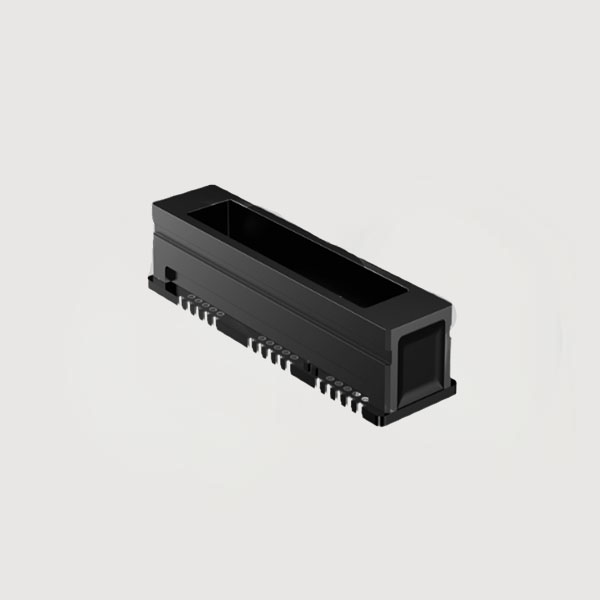

 News
News Industry News
Industry NewsPerformance Requirements for Home Gas Alarms
When designing and manufacturing home gas alarms, the selected gas sensors must meet a series of stringent technical and safety standards to ensure long-term stable operation in the home environment and to quickly and accurately trigger alarms in the event of gas leaks.
Typically, sensors in home gas alarms must possess the following key performance characteristics:
High Sensitivity and Resolution: The sensor should be highly sensitive to target gases such as methane and liquefied petroleum gas, responding quickly even at low concentrations to accurately identify minute leaks and trigger alarms promptly in the early stages of a leak.
Excellent Anti-interference and Long-Term Stability: The sensor must effectively resist common kitchen contaminants such as cooking fumes, water vapor, and alcohol, maintaining stable operation in complex environments. Simultaneously, its performance should not degrade with fluctuations in environmental factors such as temperature, humidity, and pressure, ensuring consistent detection capabilities throughout its entire lifespan.
Compliance with Certification Standards: Household gas alarms and their sensors must meet the regulatory requirements of various countries and regions, such as Chinese national standards GB/T 34004-2017 and GB 15322.2-2019.
Technological Advantages of Laser Methane Sensors
With continuous technological advancements, household gas safety protection measures are constantly being upgraded. Laser methane sensors, with their superior performance and unique advantages, are gradually changing traditional gas leak monitoring methods, building an invisible safety barrier for countless households.
This sensor uses advanced laser absorption spectroscopy technology, enabling it to accurately detect trace amounts of methane gas in the environment in a non-contact manner. Compared to traditional sensors, laser methane sensors have higher sensitivity and accuracy, allowing for the early identification of minute leaks, thereby effectively preventing safety accidents such as explosions and fires.
Under normal pressure conditions, laser methane sensors are unaffected by changes in pressure and humidity, avoiding sensor "poisoning" and the need for frequent calibration, significantly reducing false alarm rates and improving the safety and reliability of household gas use.
Furthermore, the high monochromaticity of lasers allows for the detection of the independent absorption lines of methane molecules, effectively avoiding spectral interference between different gas molecules and thus achieving unique and selective identification of methane gas. Combined with near-infrared laser technology, laser methane sensors also possess numerous advantages such as high precision, strong anti-interference capabilities, and resistance to moisture.

TX911-A Laser Methane Gas Sensor
With breakthroughs in the domestic production of laser and detector technologies, laser methane sensors have achieved complete self-sufficiency and control over the entire supply chain, successfully breaking the foreign technological monopoly and reaching internationally advanced performance levels.
The complete domestic production of laser methane sensors points to a new direction for the upgrading and development of household gas alarms. In the near future, this high-end technology will enter more homes, jointly safeguarding a safe and comfortable life.
Website: www.tensensor.com
Email: [email protected]
WhatsApp: +86 18335818384